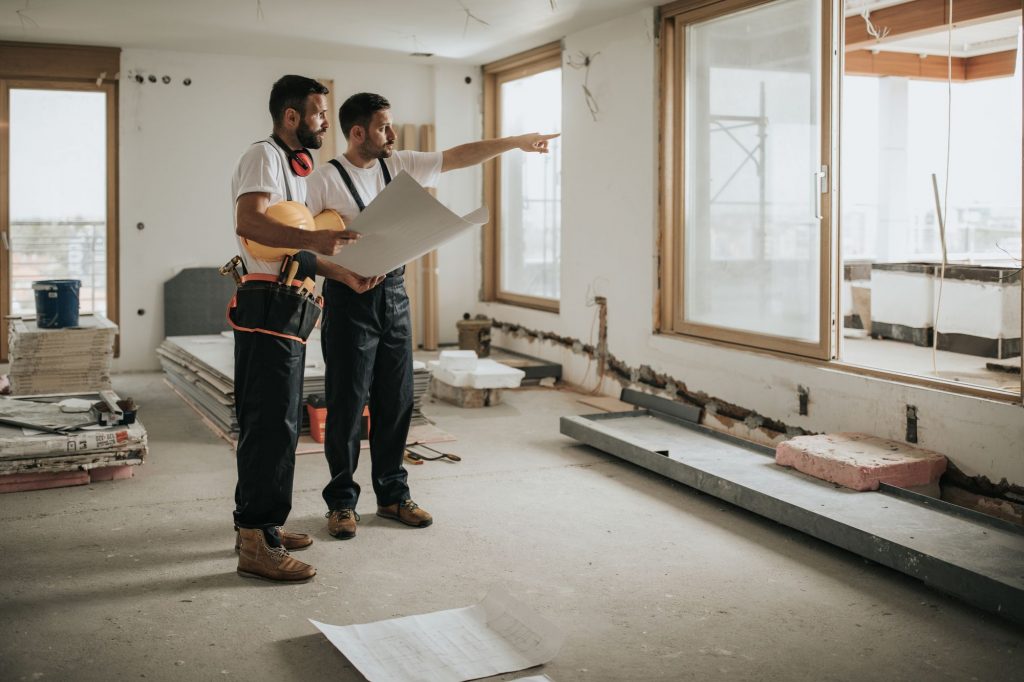
However, there’s plenty of wisdom in having a new construction home inspected. When you invest thousands of dollars into Ogden, Utah real estate, or a home in any other location, you’d want to make sure you’re getting your money’s worth and won’t regret your purchase a few years down the road.
Common Problems Found in New Construction
While new construction homes don’t have many of the problems found in older homes, they can present a different set of issues, including poor workmanship, substandard materials, worker mistakes, and failure to follow plans.
Some of the most common problems found in newly-built homes include:
- Structural defects
- Plumbing defects
- Leaks on windows
- Malfunctioning HVAC
- Electrical or wiring issues
- Drainage issues
- Improper ductwork
- Poor or insufficient insulation
Number of Inspections Needed
The International Association of Certified Home Inspectors (InterNACHI) recommends two or three inspections for a new construction home.
The first is during the “pre-pour” stage or just before the foundation is poured. An inspection at this time might spot issues on how the excavation and grading were done, the spacing between anchors, and other serious problems that can be difficult to correct once the foundation has been poured.
The second inspection must be conducted during the framing stage. This is after the frame of the house has been built and the roof and windows have been put up, but before the drywall and sheetrock are installed. At this stage, the inspector can look at the workmanship and quality of the frame, including the beams, posts, and other components. The inspector can also check the electrical wiring, plumbing, and other systems that may be covered up once the walls are installed.
The third inspection should take place when the home is finished, and before it is occupied. This is similar to inspections done on older homes. The inspector checks to see if the property complies with safety and zoning codes, and has been constructed according to agreed-upon plans and specifications.
If you have not conducted home inspections at these stages, make sure to have one before the builder’s warranty is up, usually one year after the turnover.
If a home inspection reveals problems at any of these stages, you should take these up with the builders right away and, if possible, make sure they are remedied before you close the sale.
In general, builders are open to home inspections at different stages of construction. If they’re not, this should raise a red flag as it could mean the builder has something to hide.
Finding the Right Home Inspector
The good news is that inspectors’ fees for new construction homes are generally lower than for resale homes, so you get plenty of value for your money.
Hire a home inspector with the right licenses and certifications. The InterNACHI, American Society of Home Inspectors, and the National Association of Home Inspectorswebsites are good places to start your search. These organizations maintain strict standards on their members’ skills, education, and ethics, so you can be assured of high-quality services.
You can also get referrals from your Realtor, who most likely include home inspectors in their widespread network.
If you’re interested in Huntsville or Wolf Creek real estate, including new construction homes, we at Destination Properties can help you explore your options. Call us at 801.745.2009 or email info(at)destinationproperties(dotted)com.
